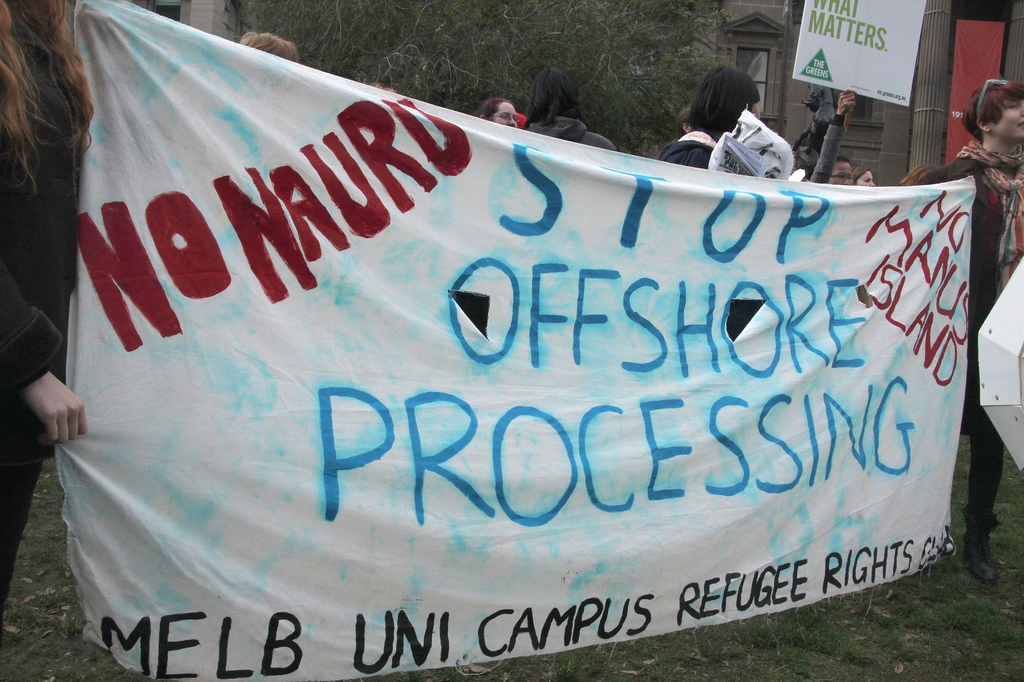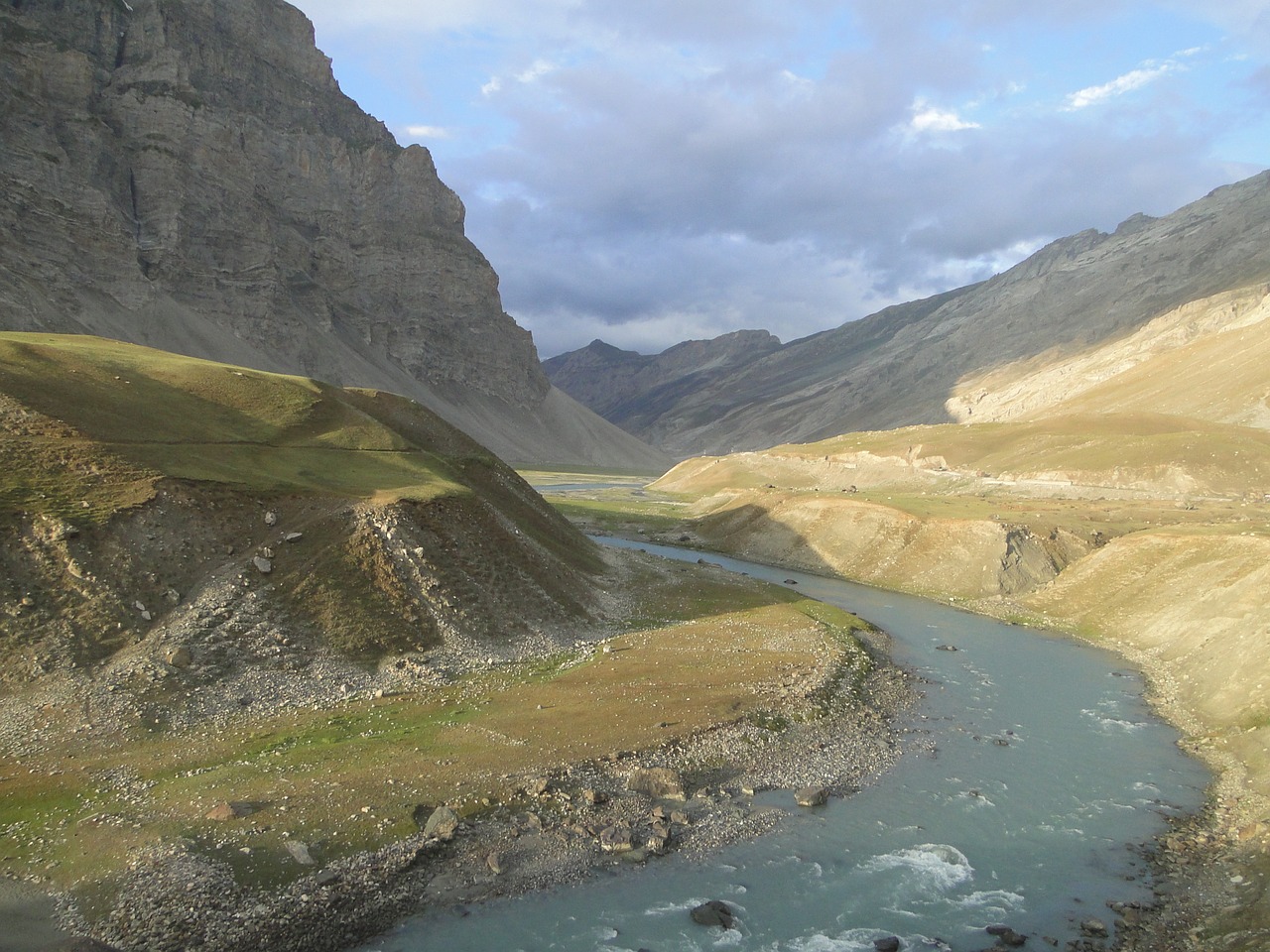POLITHEOR
European Policy Network
Blog 1 Column Left Sidebar
- Home
- Blog 1 Column Left Sidebar

Offshoring EU Asylum: Where to draw the line in the fight against irregular migration?0
- Human Rights and Migration, Op-ed
- 10/04/2017
Calls from high-profile European politicians to adopt a policy resembling Australia’s controversial ‘offshore’ asylum model have rightly been rejected as legally inadmissible, logistically unfeasible, and morally unacceptable. The fact that such a discussion is taking place, however, highlights the ongoing failure of Dublin reform discussions and the overall lack of a credible EU strategy for managing arrivals and saving lives in the central Mediterranean. It is also symptomatic of the growing influence of the right in Europe’s migration debate.
READ MORE
Obama’s Executive Order on Cybersecurity: Sharing is caring or a new loophole for ubiquitous surveillance?0
- Digital Policy and Internet Governance, Op-ed
- 13/03/2015
“Everybody is online, and everybody is vulnerable” – claims the US President, Barack Obama, preaching for the necessity of strengthening the US cybersecurity at the White House’s Summit on Cybersecurity and Consumer Protection on February 13, 2015. However, there is always the reverse side of the coin, and, ironically, such a statement could have been equally used to describe the consequent situation with consumer privacy and omnibus surveillance.
READ MORE
Nuke-armed South Asian governments adopt a “me first” approach on water – and it goes poorly0
- International Relations and Global Affairs, Op-ed
- 26/01/2017
Since 2010, South Asia has witnessed a resurgence of the long standing Indo-Pakistani territorial dispute over Kashmir. Yet, while the conflict has oft been simply characterized as friction over Pakistani support for the regional Muslim self-determination movement, underlying water sharing concerns also play a significant part in the prolonged tension between the nuclear powers. The climate-change induced Bengali migration and water scarcity that affects these nations will only worsen. The resulting stress on resources portends longer-term threats to South Asian stability – the extent depends on whether the region hoards or cooperates.
READ MORE
Not-so-green games for a blue planet0
- Environment and Energy, Op-ed
- 06/07/2016
The organisers of the Rio Olympic Games promised to clean up Rio’s dangerously polluted waterways and provide sanitation for at least 80% of the inhabitants before 2016. As the games draw near, they admit that they have failed, but claim that there are no risks to athletes or to the general public.
READ MORE
Not all that is trade glitters0
- International Trade, Op-ed
- 14/08/2018
The fifth round of negotiations between the EU and Indonesia on the Comprehensive Economic Partnership Agreement was held in Brussels in July 2018. Despite being at early stages, the negotiations prompted heated debate and strong opposition from international NGOs, as the Commission has poorly addressed major issues related to environmental and labour standards, as well as sustainable investment and development.
READ MORE
No more waiting: Europe must ratify the Istanbul Convention1
- Human Rights and Migration, Op-ed
- 15/04/2016
Council of Europe’s Istanbul Convention is the only binding mechanism in Europe on combating violence against women and domestic violence. Five years after the Convention was opened for signature, why have only 19 countries ratified it so far?
READ MORE






